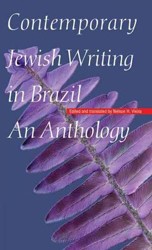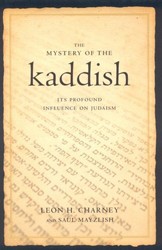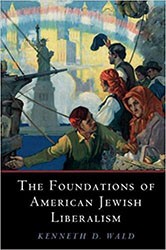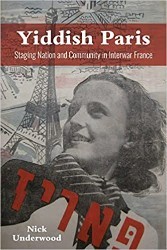In an attempt to prompt students to think critically about fiction, teachers of literature often ask them: “What does the author want us to know?” Generally, students respond with a host of interpretations generally focused on theme. In The Jewish Odyssey of George Eliot, Gertrude Himmelfarb also asks this question, but takes it one step further. She investigates the “why” of what the author wants us to know. Like any experienced literature teacher, and as is her bent, she relies upon historical evidence to validate her study. What results in this piece of literary criticism is Himmelfarb’s examination of both what George Eliot wants us to know about Daniel Deronda, and why Eliot, a vocal agnostic, would choose to discuss “The Jewish Question” and argue for a Jewish state long before thoughts of Zionism became a reality.
It would be easy to surmise that Eliot’s intention was to expose the evils of anti- Semitism, and those familiar with Himmelfarb’s razor-sharp attention to detail would find it just as easy to make a similar assumption. In both cases, readers would be wrong. Instead, it is immediately evident that what Himmelfarb wants us to know is 1) why Eliot wrote Daniel Deronda; 2) why she wrote it during this time period; and 3) why Eliot interpreted the situation as she did. Himmelfarb examines these three questions in five balanced, comprehensive, meticulously constructed chapters and completes her analysis by claiming:
Eliot did not discover her true faith in Judaism; nor did she undertake a pilgrimage to Palestine; nor did she organize a movement for the restoration of the Jews…but her vision of Judaism and a Jewish state was all the more remarkable precisely because it was so disinterested… because she was not Jewish and had no personal stake in it.
Like Daniel Deronda, which Himmelfarb argues “is an enduring presence in the ‘Great Tradition’ of the novel — and an enduring contribution as well to the age-old Jewish question,” Himmelfarb has etched a position for herself in the same way: this critical text and the author herself are an enduring presence.





